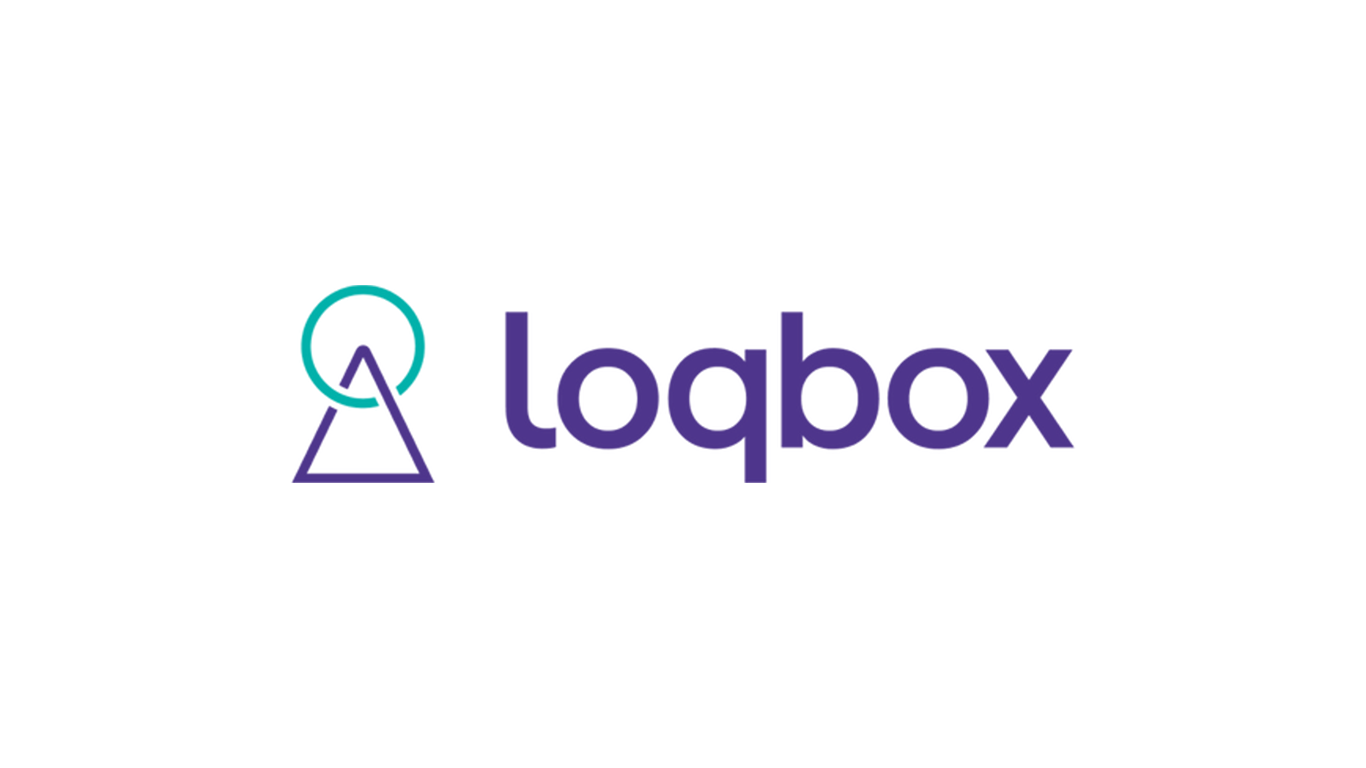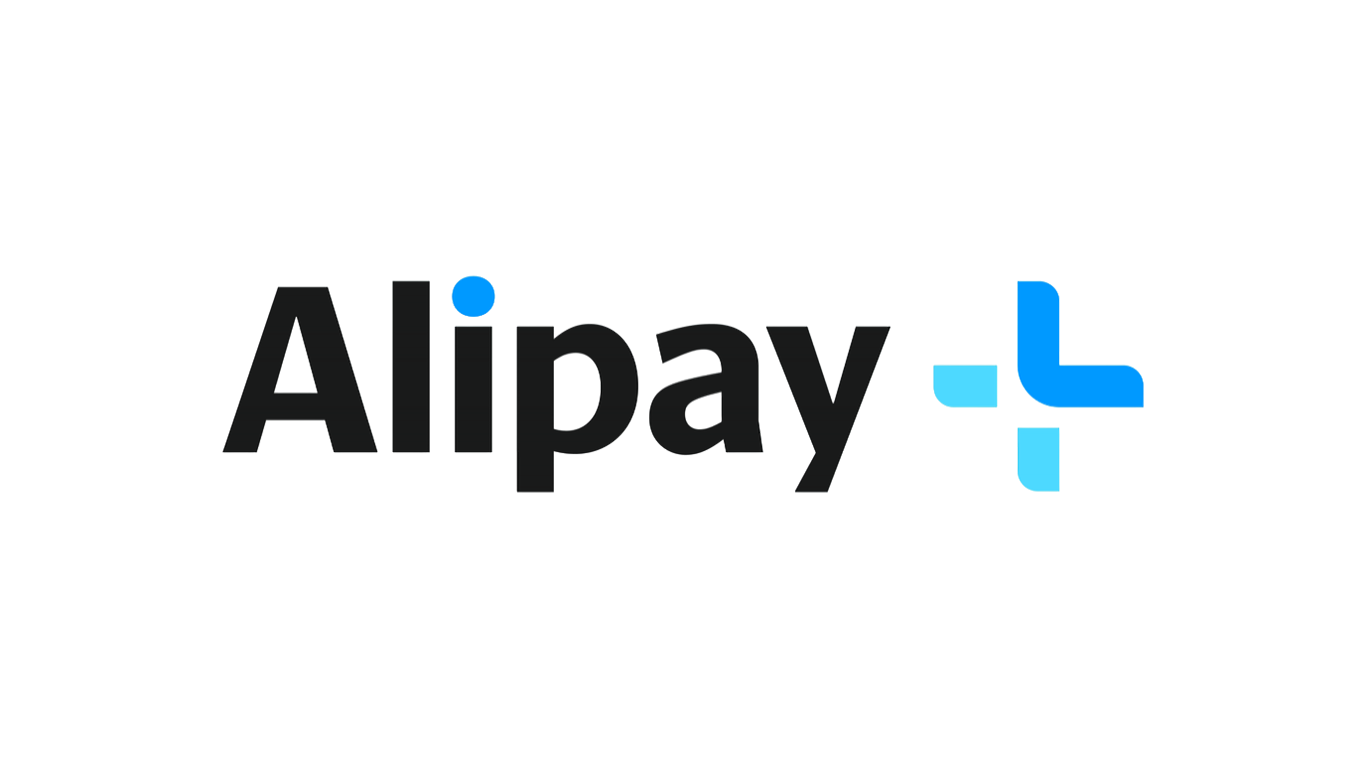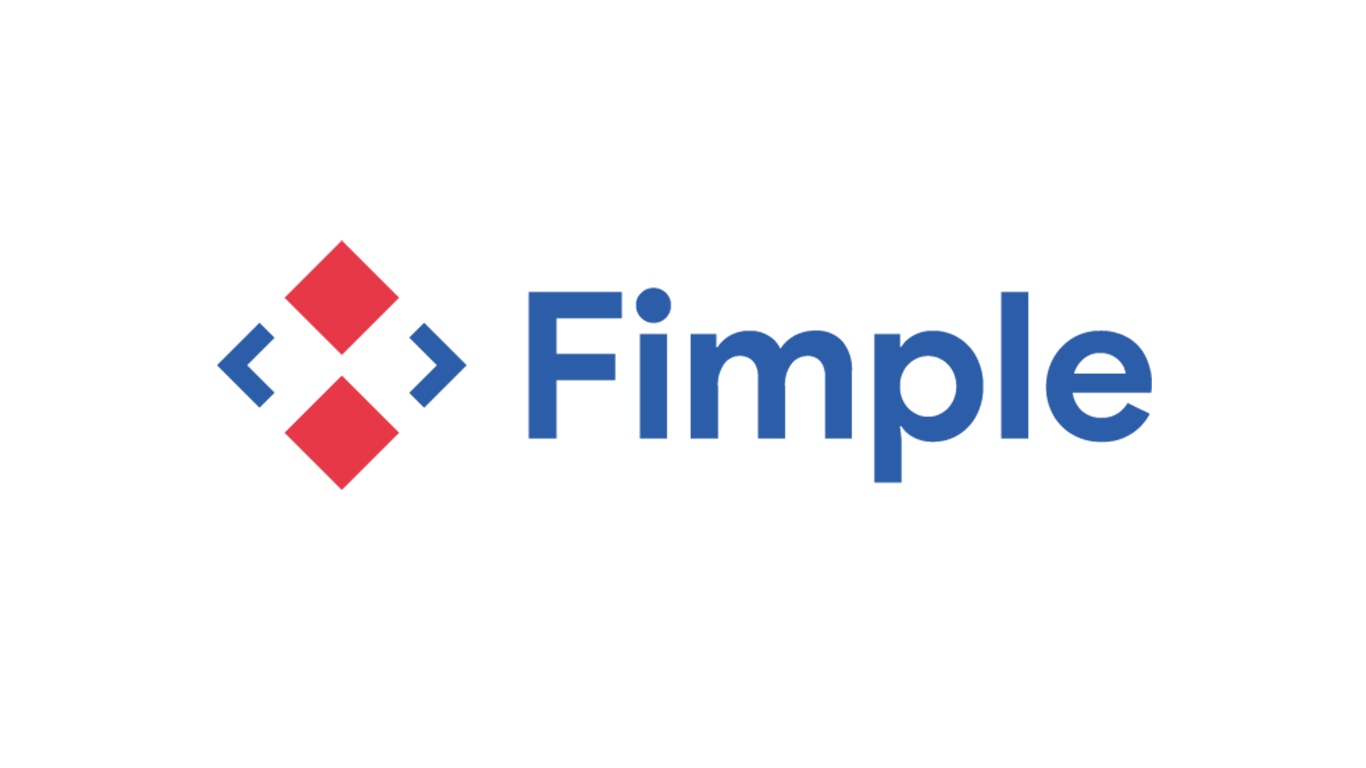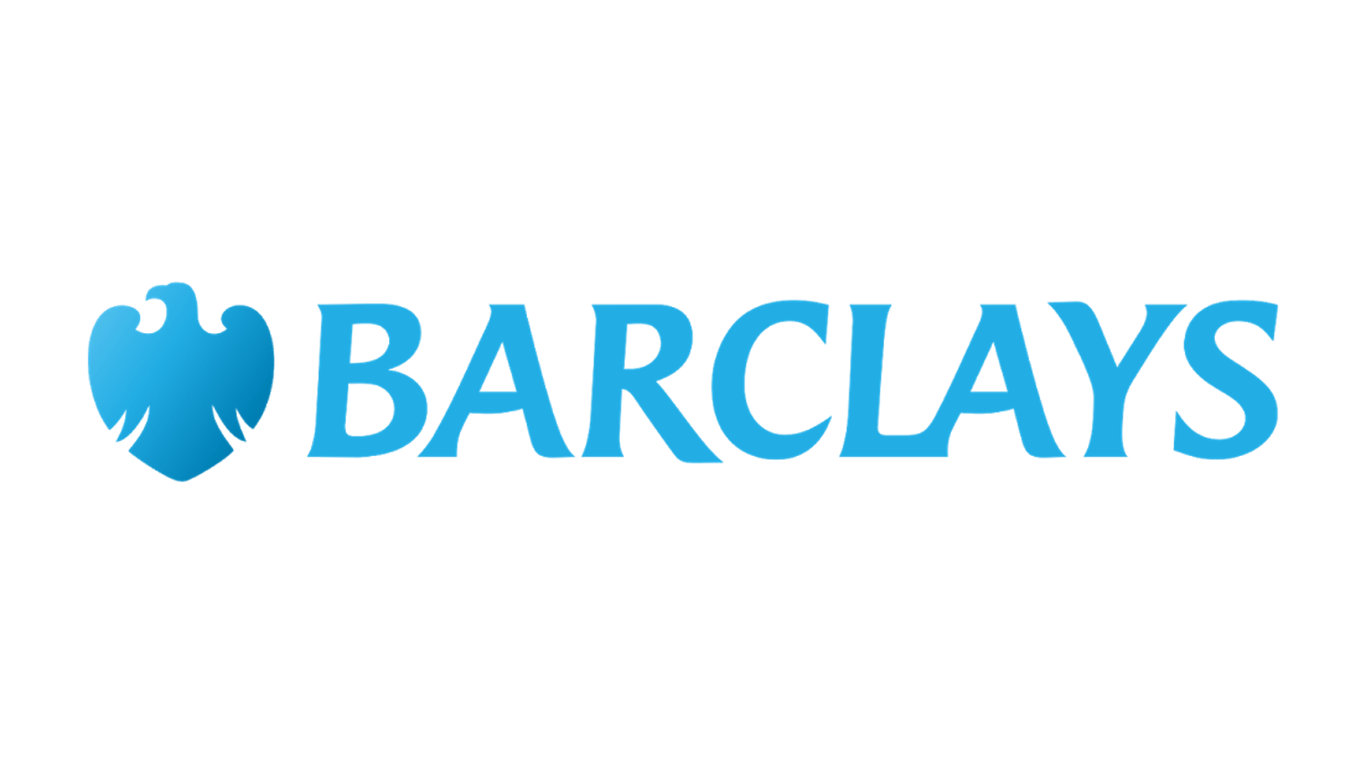Published
- 03:00 am

- Financial goals to take center stage: A staggering 84% of surveyed Loqbox members express their intent to establish financial goals as part of their New Year’s resolutions, highlighting a shared commitment of UK people to fostering future financial stability.
- Proactive approach to credit scores: An impressive 75% of respondents outline specific goals for improving their credit scores in the next year, showcasing a proactive stance toward overall financial health.
- Festive spending realities: Despite a majority refraining from setting a budget during the Christmas holidays in 2023, 63% of members admit to cutting back in other areas to accommodate festive spending. The areas most affected include dining out (64%), shopping (50%), social events (46%), and recreation (31%).
Tom Eyre, Co-Founder and Co-CEO of Loqbox, comments: “As we embark on a new year, the insights gathered from our recent survey paint a compelling picture of the financial aspirations and resilience of our members in 2024. Financial goals are being listed as a key part of many people’s New Year’s resolutions, and this dedication speaks volumes about the drive of UK individuals toward achieving financial stability.”
Tom added: “Our commitment at Loqbox is evident in the transformative impact on our members’ financial lives. While a significant percentage of UK adults express low confidence and knowledge in financial matters, our members showcase a remarkable contrast. Loqbox members are not only setting optimistic savings goals but actively improving their overall financial health. We’re proud to be at the forefront of this positive shift, helping our members take charge of their financial futures.”
Related News
- 09:00 am

Robocash specialists analyzed 9 different investment assets to determine the optimal portfolio structure. The research examined 10 portfolio allocation models* and considered asset correlations.
The Black-Litterman model portfolio promises the highest returns in 2024 but suggests allocating all funds to crypto. “Of course, this approach contradicts the idea of diversification and significantly increases the risks of investments”. - the specialist's comment.
In conditions of economic instability, the trend towards portfolio diversification remains relevant. “Konno-Yamazaki and HRP algorithm methods suggest that we allocate all 9 analyzed assets into one portfolio. This approach mitigates some risks, but it is not the most efficient in terms of returns”.
The most optimal option is the structure identified in the Pareto optimization. Such a portfolio contains 64.9% of fixed-income assets, namely bonds, P2P investments, and deposits. The remaining part is made up of assets with variable return (30.6%) and foreign currency assets (4.5%). "The returns here are lower than, for example, in the case of maximizing diversification or considering a risk-free rate for the Sharpe ratio. But this combination is optimal in terms of achieving the best risk-return ratio." - the specialists add.
* The list of methods included the following: Markowitz, VaR (Value at Risk), Mean-CVaR (Conditional VAR on average), Black-Letterman model, Sharpe-ratio, Risk and return parity, Robust optimization, Konno-Yamazaki (Mean Absolute Deviation), HRP (Hierarchical Risk Parity Machine Learning based optimization), Pareto risk minimization and profitability maximization.
Related News
- 09:00 am

Kindcard, Inc., an innovative FinTech and PayTech company that provides alternative “Closed-Loop” payments solutions to businesses across a wide variety of merchant verticals through its wholly owned subsidiary, Deb, Inc., today announced that it has entered into a Letter of Intent with Acepay, Inc. in connection with the Company’s potential acquisition of OpenTransact.
OpenTransact is a self-serve banking platform designed to support high-risk businesses, which prioritizes security, risk management, and compliance with industry regulations.
Michael Rosen, the Company’s CEO, stated, “We believe that today’s announcement represents a significant opportunity to enhance our revenue and IP tech stack, and offer secure, all-in-one software and payments-as-a-service options to high-risk merchants that are seeking to manage their consumer website shopping experience and provide secure stable payment processing at checkout.”
William Clark, OpenTransact’s founder, and CEO, stated, “The opportunity to join forces with Kindcard represents an exciting potential new chapter for OpenTransact, with our shared vision to revolutionize the way we think about high-risk transactions, blending innovation within Kindcard’s visionary approach as an alternative payment provider.”
Related News
- 03:00 am

AMLYZE, a leading RegTech specializing in anti-financial crime solutions for FinTechs, banks and crypto businesses, is excited to announce a strategic partnership with TransactionLink, the Berlin-based no-code platform, in a move that will transform the landscape of Anti-Money Laundering (AML) and Know Your Customer (KYC) automation.
This collaboration will enable TransactionLink's clients to have most stages of their AML journey handled by AMLYZE.
Previously known for its open banking services, TransactionLink has now unleashed its innovative drag-and-drop builder, enabling companies to create unique onboarding processes and revolutionize their AML/KYC efforts.
TransactionLink's is a no-code platform that has disrupted the way businesses handle AML/KYC compliance. Its intuitive drag-and-drop builder allows companies to design their own onboarding processes, tailored to their specific needs, and take control of the KYC data collection and verification processes. This cutting-edge solution simplifies compliance while enhancing efficiency and security.
AMLYZE is a Software-as-a-Service (SaaS) provider that was founded by former regulators, AML/CFT and IT experts. It specializes in combating financial crime. AMLYZE’s comprehensive suite of solutions encompasses real-time and retrospective transaction monitoring, clients risk scoring, AML/CFT investigation as well as PEP, sanctions, and adverse media screening. By joining forces with Transaction Link, AMLYZE is poised to deliver an even more robust and user-friendly solution to their clients.
"We are thrilled to partner with TransactionLink," said Jekaterina Govina, Head of Partnerships and Regulatory Affairs, at AMLYZE. "This collaboration will allow us to provide our clients with an unparalleled AML/KYC automation solution. Transaction Link's, being a no-code platform, is a game-changer, enabling businesses to adapt their AML processes to their specific needs, all within a secure and compliant framework."
TransactionLink's CEO and founder, Mateusz Pniewski, shared his enthusiasm about the partnership, saying, "This partnership with AMLYZE aligns perfectly with our mission to simplify and democratize the AML/KYC compliance process. AMLYZE's reputation in the industry and their expertise in RegTech, driven by former regulators, makes them the ideal partner as we work together to create innovative, user-friendly solutions that empower businesses."
The partnership between AMLYZE and TransactionLink signifies a major leap forward in the realm of AML/KYC compliance. Together, they will offer businesses a holistic, user-centric approach to managing regulatory compliance. By combining AMLYZE's expertise in RegTech and TransactionLink's cutting-edge no-code platform, clients will be able to streamline their AML/KYC processes like never before.
Related News
- 02:00 am

Dubai Duty Free, one of the world’s largest travel retail operators, today announced its partnership with Alipay+ to power a seamless travel and checkout experience for international visitors.
Consumers from South Korea, Singapore, the Philippines, Thailand, Mongolia, and Italy as well as Chinese mainland, Hong Kong, and Macao are now able to access promotions and pay with their home digital apps at duty-free stores in Dubai and Al Maktoum International airports.
Dubai Duty Free is among the latest retailers and tourism facilities that leverage Alipay+ cross-border payment technology and marketing solutions to boost convenience and efficiency for international visitors.
Through simple integration, Alipay+ e-wallet and bank partners that are accepted across the UAE include Alipay, AlipayHK, MPay (Macao SAR, China), GCash from the Philippines, Kakao Pay, Naver Pay and Toss Pay from South Korea, OCBC from Singapore, TrueMoney from Thailand, Hipay from Mongolia and Tinaba from Italy.
In Dubai, the vast majority of international tourists are now able to pay for their taxi fares and shop cashless at big malls downtown and airports with their home e-wallets and banking apps, in-home currencies. Upon scanning the QR code at the merchants’ end or pulling out their individual QR code to be scanned, the purchase would be completed within seconds, with transaction details displayed at their home digital app in real-time.
The partnership also comes as Dubai Duty Free celebrates its 40th Anniversary in December by unveiling a series of promotions and pre-Christmas deals for major categories including perfumes, cosmetics, liquor, watches, jewelry, confectionery, and leather goods.
Dubai Duty Free Executive Vice Chairman & CEO, Colm McLoughlin commented: “At Dubai Duty Free, we strive to provide a convenient and excellent shopping experience for our customers. We are therefore very excited about this partnership with Alipay+ to provide a seamless travel and checkout experience for them. For key travelers from Asia and Europe, it is of great advantage to be able to use their choice of payment, which they already use at home, without any exchange of cash.”
Guoming Cheng, general manager of Ant Group in Europe and the Middle East
“We are thrilled to launch Alipay+ cross-border payment technology and marketing solutions at fast-growing global retailers like Dubai Duty Free to support convenient digital payment options so that international passengers can enjoy a seamless experience just the same way they do at home. From Dubai taxis to Dubai Duty Free and more tourism facilities, we are looking forward to upgrading the checkout experience across the region and supporting the growth of smart travel.”
Related News
- 01:00 am

Following the $2 million investment obtained in the previous pre-seed round, Fimple has now secured an additional $3.5 million investment in the Bridge Investment tour, adding a new angel investor to its list. Led by Apy Ventures, the tour saw participation from KT Portfolio, Tera Portfolio, and angel investors. This total investment of $5.5 million aims to strengthen Fimple’s position as a leader in the finance industry by supporting the company’s expansion and innovation goals.
The company plans to use this investment to grow effectively in the global market and accelerate the transformation in the finance sector. The new funding is considered a strategic move to further enhance Fimple’s cloud-native plug-and-play platform operating on the “Financial Function as a Service” principle, increase its competitive advantage, and provide better services to customers.
Mücahit Gündebahar, CEO of Fimple, stated that the investment would significantly contribute to the company’s strategies, saying, “This investment will give a great boost to our mission of strengthening our technological infrastructure and shaping the change in the finance industry through leadership.” The company will continue to offer a sustainable service model focused on customer satisfaction while keeping its technological and functional set competitive.
Short-Term Goals and Strategic Vision of Fimple
Among Fimple’s short-term goals is to expand its success in Turkey globally and become a global brand by selling its banking platform to European, Balkan, Gulf, and African countries by 2024. The company is committed to increasing its impact in the finance industry using its API-based technological infrastructure and experienced team.
Innovative Solution Approach and Ecosystem Collaborations of Fimple
Fimple aims to simplify the operations of industry players by providing a plug-and-play, scalable ecosystem-ready platform that allows institutions to independently customize and add features according to their dynamics. With its sustainable service model, Fimple solves fundamental needs such as continuous competitive maintenance of the product’s technological and functional set and compliance with regulations. Financial institutions can focus entirely on their business model, products, and customers.
Related News
- 08:00 am

TPAY, the leader in payments in the Middle East, Africa, and Turkey (META), has released a white paper explaining how mobile money payment is enhancing users' capabilities to accommodate digital payments and in-store purchases while also growing the merchants’ and wallet providers’ businesses, bridging the gap between the digital and physical realms of finance.
“With the rising use of mobile money, we are moving closer towards a cashless world! And we are happy to have a share in this change,” said Işık Uman, the CEO of TPAY Mobile. “This white paper presents a comprehensive and objective study of the mobile money market, including trends, opportunities, challenges, and risks posed on merchants and wallet providers.”
The white paper outlines the most common advantages of direct wallet billing for both merchants and wallet providers and shows different types of wallets billing that merchants can activate depending on the type of good, service, or content purchased.
By establishing connections with diverse MNOs and financial institutions, TPAY positions itself as the CONNECTOR, which is considered the most reliable payment facilitator in the META region, catering to each country's unique financial landscape.
Related News
- 03:00 am

Blackstone today announced that Private Equity funds managed by Blackstone have entered into a definitive agreement to acquire a majority stake in Sony Payment Services Inc., one of Japan’s leading payment service providers, from Sony Bank, a wholly-owned subsidiary of Sony Group. Sony Bank will roll over a certain portion of its equity and will continue to support the growth of SPSV as a minority investor. This marks Blackstone’s first investment in the financial technology sector in Japan.
Sony Group established its payment service business in 1995, which became a standalone company in 2006. Today, SPSV is one of the top payment service providers in Japan, offering high-speed and secure infrastructure for customers and businesses to process online payments.
Steve Schwarzman, Chairman, Chief Executive Officer & Co-Founder, Blackstone, said: “Sony has been a longstanding partner to Blackstone. Our partnership goes back to Blackstone’s founding nearly four decades ago – we started as a boutique M&A firm, and Sony was one of our earliest clients. We are proud to once again partner with a leading corporation in Japan and deepen our presence in the country, a key market for Blackstone where we’ve cultivated valuable relationships based on trust and shared success.”
Atsuhiko Sakamoto, Head of Private Equity, Blackstone Japan, said: “We are thrilled to invest in SPSV, one of Japan’s leading payment services providers and a well-established financial technology company, and expand our Japan Private Equity portfolio in “good neighborhoods” – sectors with strong secular growth. Digitization of the economy is a key trend around the world including Japan, and SPSV is exceptionally positioned to benefit with its sophisticated technology and robust customer base. We’re committed to bringing our operational and technology expertise and scale to support SPSV’s growth.”
Kenichiro Yoshida, Chairman and CEO, Sony Group, said: “For the past 30 years, SPSV has led Japan’s cashless evolution, making payments safe and secure for customers. We believe Blackstone, a long-standing partner of Sony Group, can help continue the legacy that SPSV has formed and support its next phase of growth.”
Keiji Minami, President & Chief Executive Officer, Representative Director, Sony Bank, said: “SPSV has seen steady growth and gained the trust of customers by providing high-quality service. With the accelerated shift towards cashless payments and increasing diversification in payment types, it’s more important than ever to adapt to new trends with greater speed. We believe that Blackstone is the best partner, bringing a global perspective and its expertise and network in the payment business.”
Hidehiko Nakamura, President & Chief Executive Officer, Representative Director, Sony Payment Services, said: “SPSV has solidified a healthy market position and earned the trust of customers as a high-quality payment service provider. We believe this partnership with Blackstone will boost SPSV’s capabilities through investments in IT and talent to help accelerate its growth journey, particularly at an exciting time of growth for the electronic payment industry in Japan.”
Japan is the fourth largest electronic card payment market in the world with a market penetration of 9.1%, representing significant room for growth. SPSV is supported by Japan’s JPY 22.7 trillion e-commerce market and the rapid uptake of cashless payments around the world.
Blackstone’s Private Equity investments in Japan include the acquisition of Alinamin Pharmaceutical (formerly Takeda Consumer Healthcare) in the largest healthcare transaction in the market ever and AYUMI Pharmaceutical.
Related News
- 01:00 am

The Islamic Development Bank Institute (IsDBI) has kicked off the development of the pioneering Islamic Finance Knowledge Pavilion Marketplace.
The Pavilion will provide a digital marketplace of validated solution providers (institutions, consultants, and experts) in Islamic finance and economic development, and offer a one-stop shop for listing opportunities and seamless digital experience in the matchmaking of suppliers and customers.
Phase 1 of the project will cover a market assessment, feasibility study, and business plan addressing the competitive landscape based on outcomes of the market assessment and a 5-year financial model and sensitivity analysis. Phase 2 will cover the development of the Pavilion platform including the interface and content.
This project aligns with the IsDB Institute’s strategic objective to provide fintech knowledge solutions to the Islamic finance industry to support sustainable development in IsDB Member Countries and worldwide.
Dr. Sami Al-Suwailem, Acting Director General, IsDBI, stated: “The Islamic Finance Knowledge Pavilion Marketplace is not just a platform, but it is also a catalyst for creative collaboration within the Islamic finance industry and the development landscape. We are confident that this initiative has the potential to create enduring value for all stakeholders.”
The Institute is leading the project in partnership with EZ2Business, a business consultancy company that provides expert advice and builds custom solutions to address business transformation.
Related News
- 09:00 am

Consumer card spending increased just 4.1 percent year-on-year in 2023 – noticeably lower than the growth seen in 2022 (10.6 per cent) – as Brits cut back on new clothes, eating out and home improvements amid rising inflation and household bills. However, consumers continued to prioritize moments of joy and shared experiences, boosting travel, entertainment, and pubs & bars.
New data from Barclays reveals that spending on essential items grew 3.9 percent in 2023 compared to 6.3 percent last year. This reduced increase was largely due to a -10.7 percent drop in fuel spending, stemming from the decline in pump prices this year after they peaked following Russia’s invasion of Ukraine in early 2022.
Barclays’ monthly Consumer Spend Index, which combines hundreds of millions of customer transactions with consumer research to provide an in-depth view of UK spending, reveals the top 10 trends that shaped consumer behavior this year.
1. Savvy supermarket shopping
Rising food price inflation fuelled a 6.5 percent increase in supermarket shopping, while food and drink specialist stores returned to growth (4.4 percent) following a -1.1 percent decline last year.
Discount supermarkets performed particularly well, accounting for 15.5 percent of all grocery spending – an all-time high, up from 14.5 percent in 2022 – as savvy shoppers looked for ways to reduce the cost of their weekly shopping amid rising prices. This behavior peaked in September when seven in 10 (70 percent) claimed to be looking for cutbacks – over half (53 percent) of these consumers were paying closer attention to price rises on specific items, 49 percent were buying budget or own brand goods over branded goods, and the same proportion (49 percent) were opting for more budget or value ranges1.
2. “Skimpflation” and “shrinkflation” impact the nation
“Shrinkflation” and “skimpflation” emerged as the main scourges of supermarket shoppers in 2023. At its peak in September, 76 percent of consumers had noticed examples of shrinkflation, with chocolate (48 percent), crisps (41 percent), packs of biscuits (38 percent), and snack bars (31 percent) the most cited products impacted by this trend1.
In addition, more than one in five Brits (22 percent) in July noticed that shrinkflation was also affecting alcoholic drinks, finding that some of the drinks they were buying – such as beers, spirits, and tinned cocktails – were becoming weaker or containing less alcohol, yet still costing the same or more1.
Meanwhile, over half (52 percent) of shoppers in August noticed that some of the food and drink products they were buying had been downgraded in terms of the quality or quantity of premium ingredients, yet still cost the same or more than they used to – otherwise known as “stimulation percent”. These shoppers had mostly noticed the declining quality of clothing, chosen by 44 per cent, closely followed by toilet paper (43 percent), and toiletries/cosmetics (37 percent)1.
3. Heating hampers eating
To offset rising household bills, Brits spent less on eating out in 2023, with restaurants seeing a -6.7 percent decline compared to last year. This comes as almost half (47 percent) of consumers in October said they were planning to cut down on discretionary spending so they could afford their energy bills throughout the autumn and winter, with eating out at restaurants (56 percent) one of the most cited areas for cutbacks1.
4. Events boost bars & pubs
On the other hand, pubs, bars & clubs had a strong 12 months, up 5.9 percent year-on-year. This growth was largely driven by major public and sporting events, including the King’s Coronation and Rugby World Cup, as well as rising beer and alcohol prices. The strong performance of pubs compared to restaurants also suggests that while out socializing Brits were opting for more affordable pub food instead of formal restaurant meals.
5. Entertainment economy thrives
Despite inflationary pressures, Brits have been keen to spend on memorable experiences. The entertainment sector (up 7.5 percent) was boosted by the release of ticket sales for major events including the Eurovision Song Contest, Taylor Swift’s ‘Eras’ tour, and Beyoncé’s ‘Renaissance’ tour, with spending on shows and concerts up 8.6 percent year-on-year overall. Meanwhile, blockbuster hits including ‘Barbie’, ‘Oppenheimer’ and ‘Avatar: The Way of Water’ fuelled a 6.3 percent increase at cinemas.
6. “Streamflation” spurs subscriptions
At-home experiences – or “inexperienced” – proved popular, with digital content and subscriptions as well as takeaways and fast food rising 7.3 percent and 8.1 percent respectively year-on-year. This growth was driven by more consumers tuning in to watch the series finales of popular shows such as ‘Succession’, ‘Ted Lasso’ and ‘The Crown’, as well as many streaming services increasing their prices in 2023.
7. Unpredictable weather casts a cloud on the high street
Rising costs combined with inconsistent weather meant clothing stores had a challenging year, declining -0.5 percent. This was largely due to the unseasonal weather in months including May, July, and October leading Brits to hold off on making seasonal clothing purchases, as well as new clothes and accessories being one of the key non-essentials Brits said they were deprioritising.
8. Furniture takes a back seat
If 2022 was the year for Brits investing in their homes, 2023 has been the year they sat back and enjoyed their grand designs. As a result, home improvements & DIY saw a -4.7 percent decline year-on-year, while furniture stores saw a similar drop (-5.2 percent), indicating that Brits have been making fewer big-ticket purchases and instead prioritizing their spending in more experience-led categories.
9. Travel continues to cruise
After a standout performance in 2022, the travel sector continued to thrive in 2023, seeing robust growth at both travel agents (10.4 percent) and airlines (30.8 percent). The sector’s success was also a lasting impact of the pandemic, with a fifth (19 percent) of consumers saying in November that they will be planning more holidays in 2024 because they’re still catching up on trips missed during lockdowns – a trend otherwise known as ‘revenge spending’1.
10. “Lipstick effect” lifts health and beauty
Pharmacy, health & beauty retailers also enjoyed an uplift this year (5.6 percent) – possibly thanks to the “lipstick effect”, where consumers prioritize small indulgences, such as cosmetics and self-care products, over big-ticket items during periods of economic uncertainty. The category’s boost is also likely due to pre-holiday purchases as well as increased demand for make-up and skincare compared to last year, when the pandemic’s lingering effects meant fewer Brits commuted into the office, reducing the need for appearance-related investments.
Esme Harwood, Director at Barclays, said: “Brits prioritized memorable experiences and shared moments with loved ones this year, boosting pubs, travel, and entertainment. Many were keen to make up for lost opportunities during the pandemic by booking holidays, treating themselves to concert tickets, and enjoying nights out with friends.
“However, certain sectors saw noticeable cutbacks. Restaurants and clothing stores were hampered by the unpredictable weather, as well as the impact of rising household bills on consumers’ finances. Nonetheless, Brits' confidence in their ability to spend within their means has remained resilient, as they become more resourceful and adept in finding ways to balance their budgets.”
Jack Meaning, Chief UK Economist at Barclays: “Although 2024 will be a tough year for the economy as a whole, the New Year is a time to look for the positives. We expect to see the Bank of England start easing interest rates from the middle of the year, and in fact, we’re already seeing mortgage rates come down in anticipation. This is as the speed of price rises slows, which should continue to provide at least some boost to the spending power of people who have been squeezed through the cost-of-living crisis. 2024 will be a year of transition, from headwinds to tailwinds, but come next December we should be able to toast the New Year with more festive spirit.”









